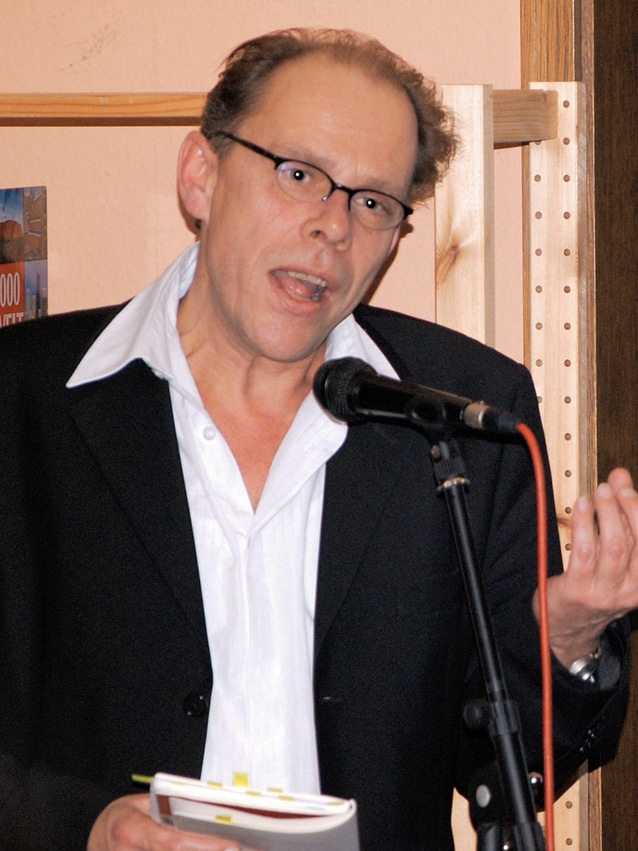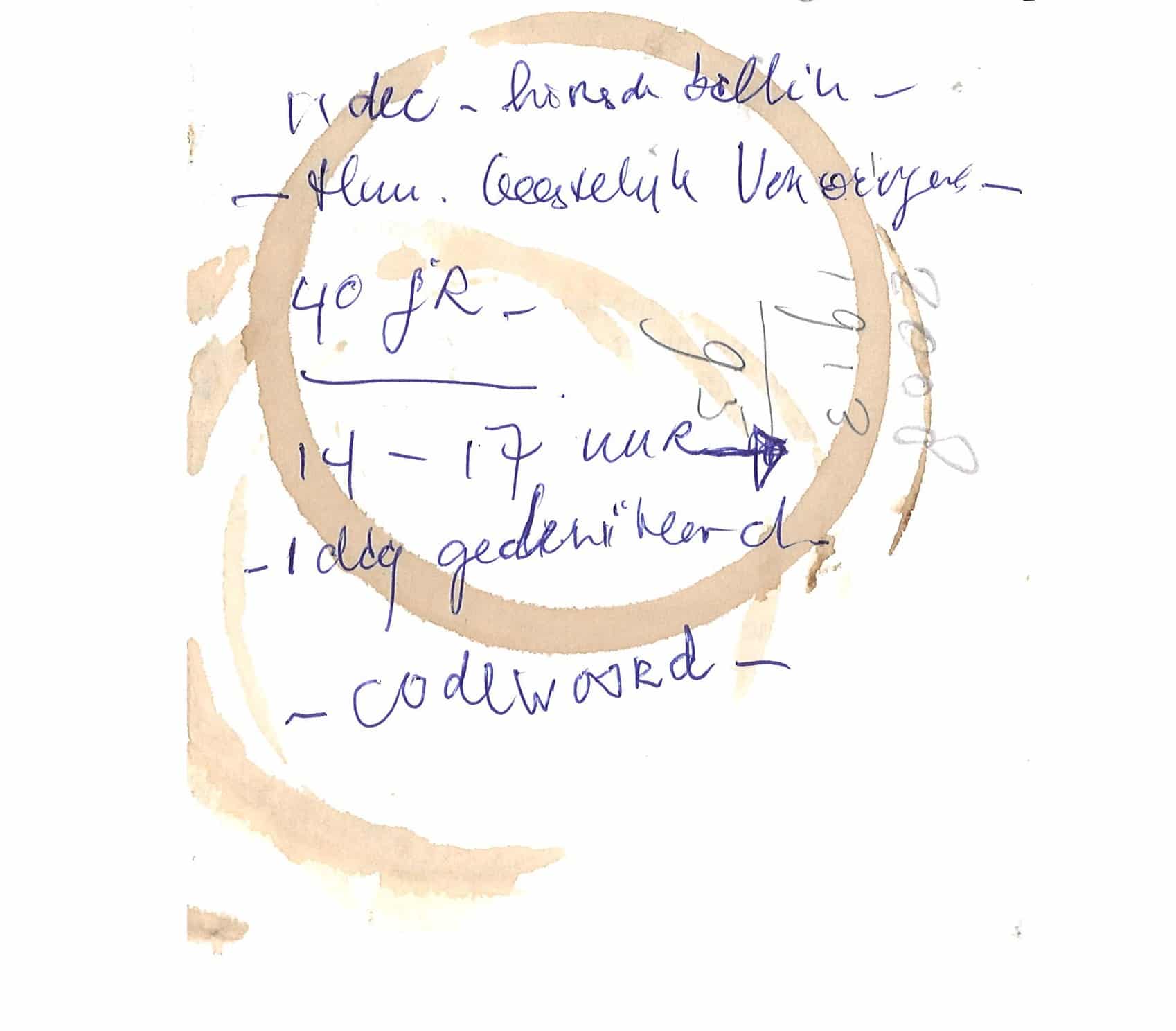Every year in Amsterdam, fifteen people are buried without anyone coming to the funeral. It might be an unidentified drug addict, or an illegal migrant found dead in a hotel room, or an old person who lay undiscovered in their apartment for three months. It can happen in any large city in the world. Amsterdam is no exception. In 2002, a poet known as F. Starik came up with the idea of the Poule des doods – a pool of poets who write and read a poem for the people who have no mourners at their funeral.
Every funeral is sad. But these lonely funerals are the saddest. The city of Amsterdam tries to make the burial less tragic by sending a city official to the place where the dead person was found. The official carefully examines the possessions to figure out some basic information, like the name of someone to contact, or the bills that have to be paid. The official also searches through the possessions to figure out the person’s taste in music.

© Photo by panyawat auitpol on Unsplash
Once that is done, he organises a burial, orders some flowers and selects some music to play. It might be a composition by Arvo Pärt if that seems appropriate. Or a sentimental song by a Dutch singer. The aim is to make it look like a normal funeral.
In 2002, the Amsterdam city poet, F. Starik, heard about these sad ceremonies. He wrote to the city official responsible for funerals, Ger Frits, and asked if he could read out a poem specially composed for the funeral. No, was the answer. Frank asked again. No, was still the answer.
 F. Starik (1958 – 2018)
F. Starik (1958 – 2018)© Wikipedia
Frank didn’t give up. Finally, the city official changed his mind. As long as it was respectful. They worked out a procedure. Ger would call Frank or leave a message. ‘Frank, I’ve got a lonely funeral for you,’ he would say. Frank would get some basic information about the dead person. Small details, the bare minimum. He might be told about a glass of water found by the bed, or a TV guide lying around with a favourite programme circled, or a suicide note written in Spanish. Sometimes there is nothing. Just an unidentified body found floating in a canal.
Frank would then spend a few days thinking about this person he never knew. He would compose a unique poem based on the scraps of information Ger had disclosed. He felt it was important work for a poet. ‘The funeral is a moment of reckoning and someone needs to put in a good word for you,’ he explained. ‘What the lonely funeral does is to return stories to people who somehow have lost theirs along the way.’
 A note from F. Starik with information about a 'lonely' deceased.
A note from F. Starik with information about a 'lonely' deceased.© Starik collection, Literatuurmuseum
The poem is read out at the funeral in a room of empty chairs. When it is done, the poem goes in an envelope. It is placed on the coffin, and buried with the dead person.
The first funeral was given a simple name. Lonely funeral number one, Amsterdam. ‘Goodbye stranger, I say goodbye,’ Frank began his poem. ‘What were you looking for? How much did you lose along the way?’
Frank went on to set up a group of poets known as the Poule des Doods. They all agreed to write funeral poems to read at the graveside of the forgotten. The idea spread to other cities in the Netherlands, then crossed the border into Flanders.
F. Starik died suddenly of a heart attack in 2018. He was only 59. The best you can say about the funeral is that he didn’t die alone.












